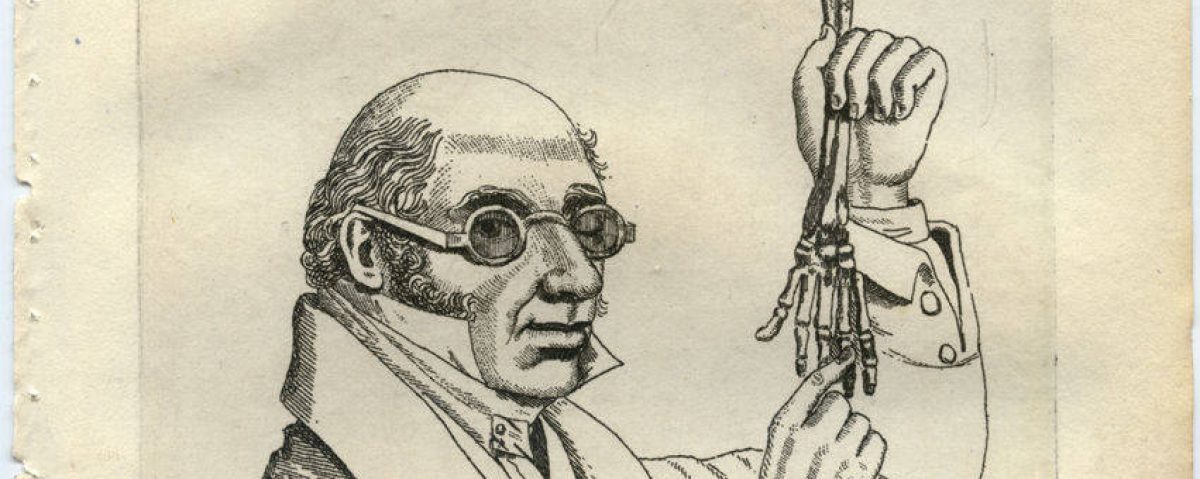Group: Mia, Mimi, Leann, Ethan, John, Brandon
In our discussion group, we talked about how Freire compares students to trash cans. From our earliest days of education until the moment we receive our high school diplomas, we, as students, are forced to learn an abundance of academic material that we may never remember. Because teachers solely focus on covering material efficiently and completing chapters and assessments, students have no choice but to know material before a certain deadline. This method of teaching results in students simply memorizing material, rather than actually understanding it. Not only do teachers treat students as trash cans, but often the material they are providing is trash as well. All students have requirements of what classes they need to pass in order to further their education. Because students do not have a voice in what material is necessary to learn, it is common for them to dislike what they are being taught. Forcing students to be interested in subjects in which they are not is an ineffective teaching strategy. If teachers were to provide students with information that they both understand and are interested in, students would no longer feel like trash cans.
